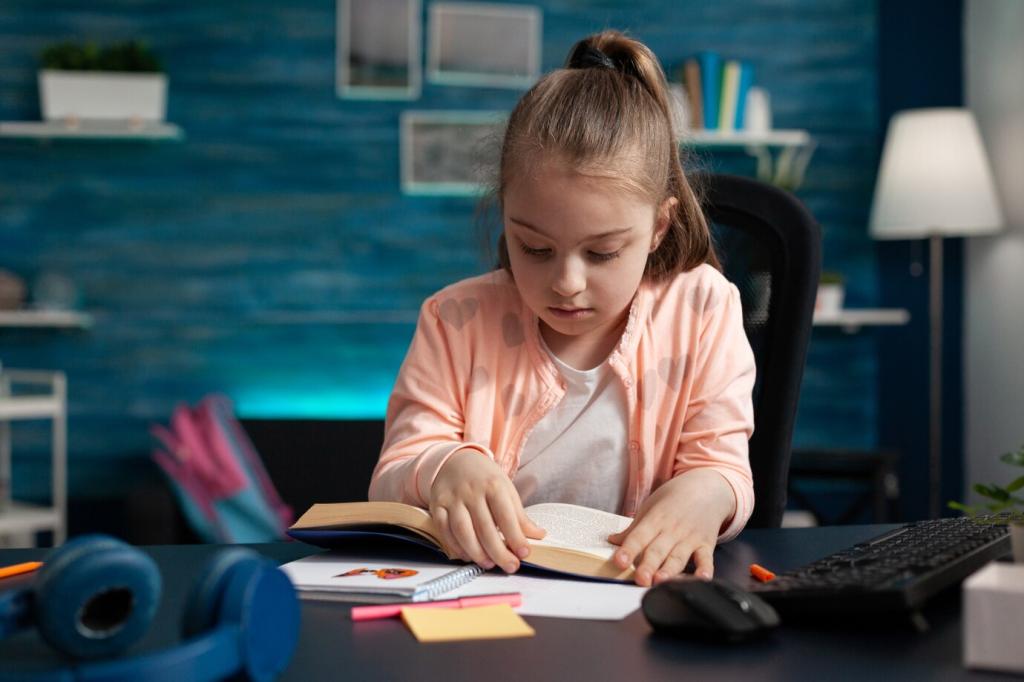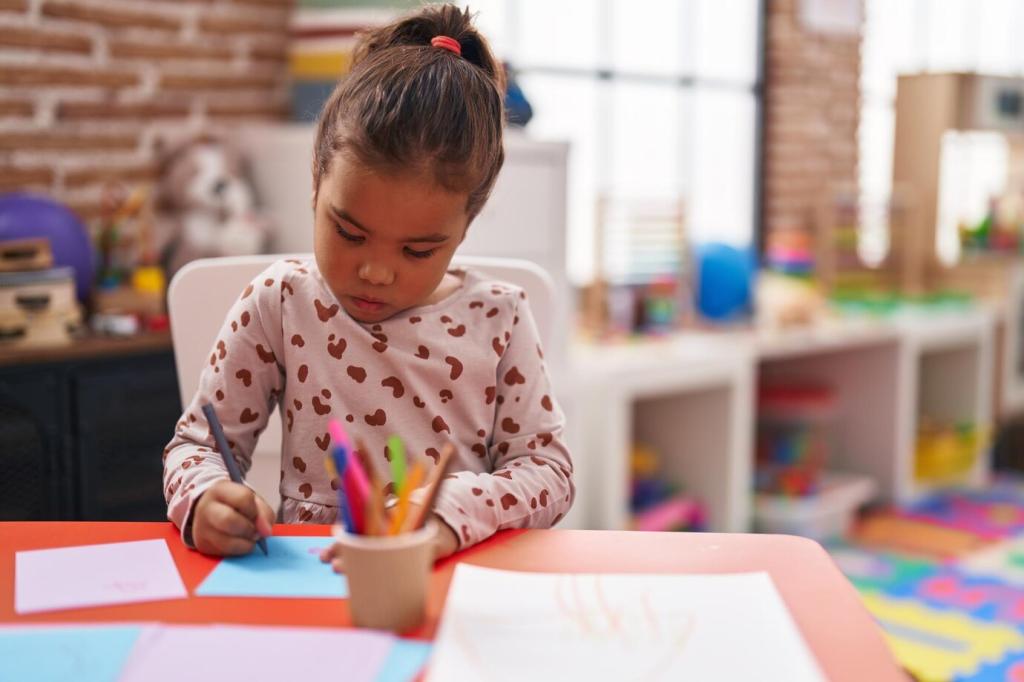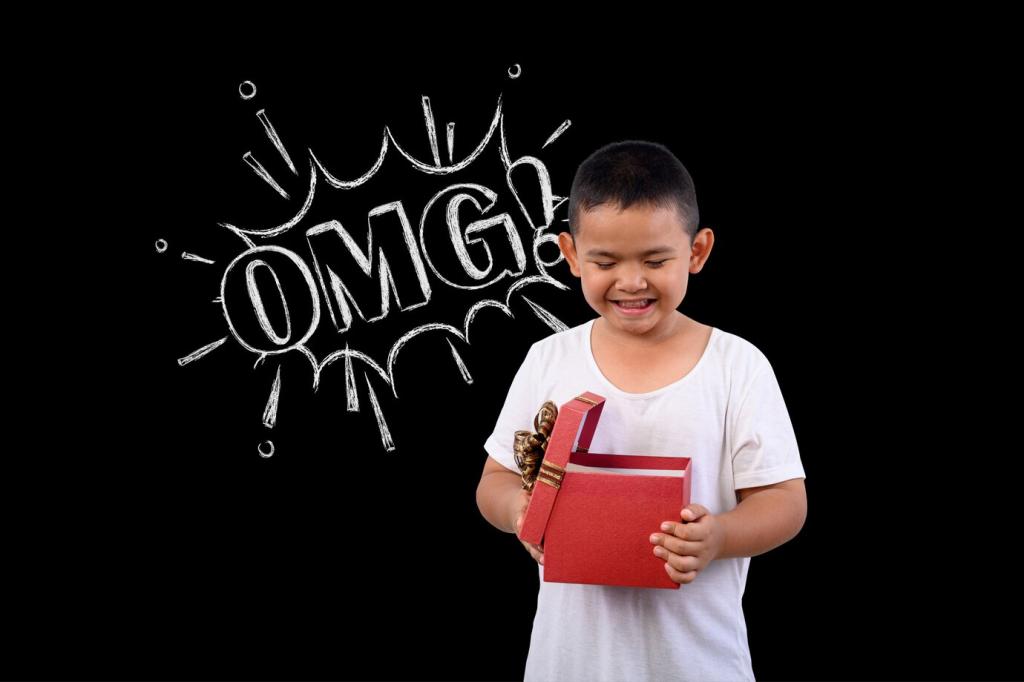STEM Education for Young Minds: Spark Curiosity, Build Futures
Chosen theme: STEM Education for Young Minds. Join us as we transform questions into experiments, stories into code, and play into purposeful discovery. Subscribe and share your classroom wins so our community grows smarter together.

Everyday Science at the Kitchen Table
A glass of water, food coloring, and paper towels become a capillary action lab. When a spill happened, my niece turned cleanup into observation, sketching predictions. Share your favorite kitchen science moments below, please.
Math Games That Grow Confidence
Dice, playing cards, and sidewalk chalk can launch number talks about probability, patterns, and place value. Start with joyful wins, then stretch challenges gradually. Subscribe for weekly printable games that build math confidence without worksheets.




The 20-Minute Design Sprint
Set a timer, frame a playful problem, and encourage rapid sketch-build-test cycles. Kids delight in improving designs after quick peer feedback. Try today’s prompt and tell us how your young makers iterated toward surprising solutions.
Real-World Problems from the Neighborhood
Ask learners to map puddles, track playground shade, or count pollinators, then propose designs that help neighbors. When problems feel local, empathy grows alongside engineering. Comment with a neighborhood challenge your kids might reimagine through STEM.
Showcase Celebrations and Reflection
Host casual exhibitions where students demo, fail, retry, and explain choices. Parents love hearing process, not just outcomes. Share how you celebrate reflection—commentary recordings, photo essays, or sticky-note galleries capturing growth across attempts.
Unplugged Algorithms and Debugging
Before computers, teach algorithms with arrows on the floor, sorting cards, and debugging by retracing steps. Laughter turns mistakes into insights. Tell us your favorite unplugged activity that made sequencing and logic suddenly click for beginners.
Block-Based to Text-Based Bridges
Bridge from blocks to text by narrating what each block represents, then mirroring it in Python or JavaScript. Celebrate syntax stumbles as progress. Share which metaphors helped your learners cross that exciting, sometimes wobbly, threshold.
Create, Don’t Just Consume
Invite kids to build animations, mini-games, or helpful classroom tools, then present them proudly. When Mia animated bouncing planets, classmates begged to tweak gravity. Post links to student projects that turned coding into joyful self-expression.
Family and Community Partnerships
Design family nights where stations connect to curriculum and community issues, not random tricks. Translate instructions, add reflection prompts, and collect ideas for future themes. Share how your event deepened relationships and widened participation meaningfully.
Family and Community Partnerships
Invite technicians, nurses, ecologists, or carpenters to mentor brief challenges. When roles expand beyond ‘scientist,’ more children picture themselves participating. Recommend a local partner we should spotlight, and tell us what made the collaboration powerful.
Assessment for Growth, Not Grades
Ask students to collect photos, sketches, code snippets, and reflections over time. Evidence walls make progress visible, not just perfect results. Share a journaling prompt that sparked honest insights about learning in your classroom.

Safety, Ethics, and Digital Citizenship
Set clear safety rituals for goggles, tool handling, and cleanup. Normalize prototype failure as learning data. Share your best routine that keeps curiosity high while everyone remains safe, calm, and confidently prepared for surprises.
Discuss consent, privacy, and fair use when collecting images or data. Kids can write class agreements. Describe how you translate big ethical ideas into kid-friendly language without losing seriousness or everyday relevance.
Model respectful chats, screen-free pauses, and careful sourcing when collaborating online. Celebrate courage to ask clarifying questions. Comment with your classroom norms that help digital creation feel responsible, generous, and creatively brave.
